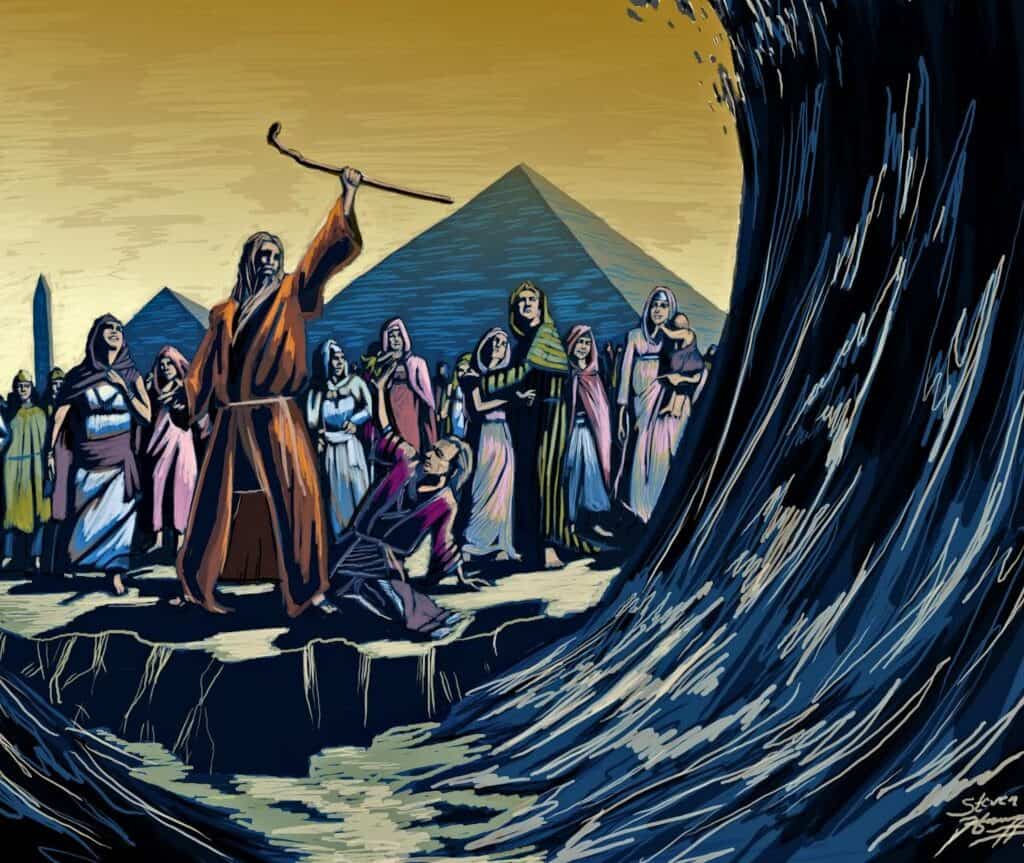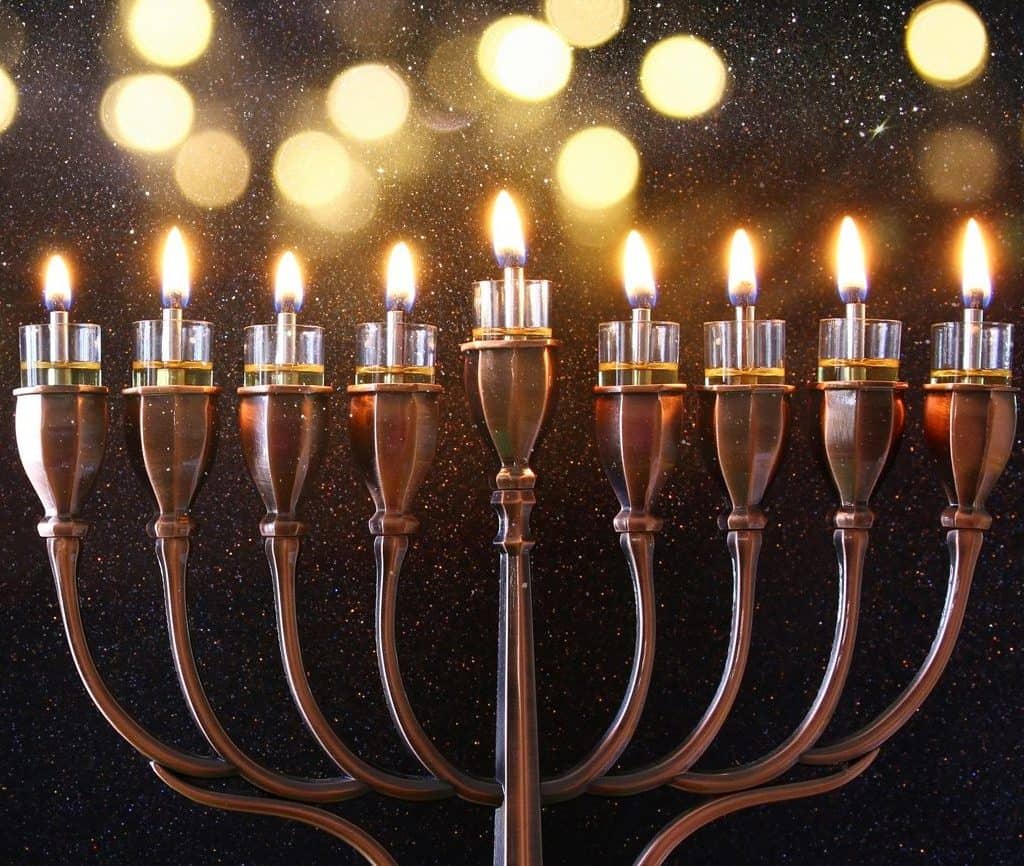Symbolic Elements of the Passover Seder and Their Connection to Redemption
During the Passover Seder, each item placed on the Seder plate has a deep meaning that links Jewish traditions with Messianic teachings, illustrating the redemption and hope that this festival brings.
Zeroah: The Sacrificial Lamb
Zeroah, a piece of meat on the Seder plate, symbolizes the Paschal lamb whose blood was used in Egypt to protect the Israelites from the Angel of Death. This representation extends to Yeshua, whose sacrifice freed from the bondage of sin, offering protection and redemption to all humanity.
Karpas: The Arrival of Spring
Karpas, typically fresh vegetables such as parsley or celery, symbolize the arrival of spring and the season in which the liberation from Egyptian slavery occurred. This element reminds us of renewal and the new beginning each life cycle brings.
Maror and Charoset: Bitterness and Labor
Maror, which may include horseradish or bitter herbs, represents the bitterness of slavery both in Egypt and the spiritual slavery of sin and selfish desires, from which we have been freed by the passion, death and resurrection of Yeshua.
Charoset, a mixture of apples, wine, nuts and spices, evokes the mortar used by the Israelites to build in Egypt. Though sweet, it also recalls the bitterness and suffering of Yeshua on his way to the crucifixion.
Saltwater or Vinegar and Jazeret: Tears and Hardship
Saltwater or vinegar symbolizes the tears shed due to slavery and suffering, both in Egypt and by those persecuted for their faith in Yeshua. Revelation 21:4 promises that all these tears will be wiped away with the coming of the Messiah, ending pain and death.
Jazeret, usually a piece of lettuce or similarly bitter food, symbolizes the harshness and bitterness of slavery, reminding us of the resilience in the face of adversity.
Beitzah: Offerings of Peace and Renewal
The Beitzah, a hard-boiled egg, holds multiple layers of meaning in the Seder. It represents the peace offerings brought to the Temple and its nature of hardening with heat symbolizes the strength gained through suffering. In a Messianic context, the egg also symbolizes the resurrection of Yeshua, promising new life after Passover.
In 2 Corinthians 5:17, this message of renewal is reflected: “Therefore, if anyone is in Christ, he is a new creation: old things have passed away; behold, all things have become new.”
Moreover, in Ephesians 2:13-14, the Beitzah represents peace and unification between Jews and non-Jews, highlighting the removal of barriers of separation through Yeshua, who created a “new man” in peace from two peoples.
Each of these elements not only recounts the past but also offers lessons of hope, redemption and unity that are fundamental to the celebration of Passover…




